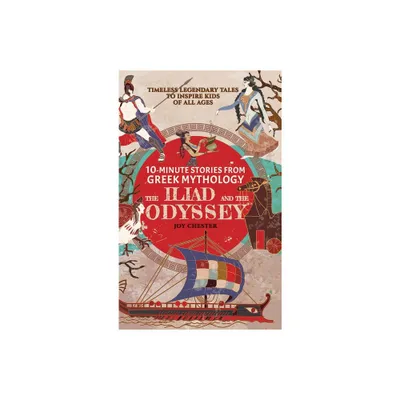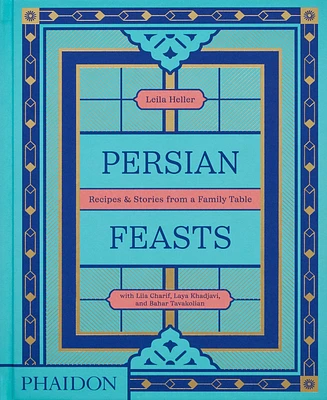Home
Stories from the Greek Tragedians
Loading Inventory...
Barnes and Noble
Stories from the Greek Tragedians
Current price: $6.99


Barnes and Noble
Stories from the Greek Tragedians
Current price: $6.99
Loading Inventory...
Size: Paperback
*Product Information may vary - to confirm product availability, pricing, and additional information please contact Barnes and Noble
Stories from the Greek Tragedians by Alfred John Church
Asclepius, the son of Apollo, being a mighty physician, raised men from the dead. But Zeus was wroth that a man should have such power, and so make of no effect the ordinance of the Gods. Wherefore he smote Asclepius with a thunderbolt and slew him. And when Apollo knew this, he slew the Cyclopés that had made the thunderbolts for his father Zeus, for men say that they make them on their forges that are in the mountain of Etna. But Zeus suffered not this deed to go unpunished, but passed this sentence on his son Apollo, that he should serve a mortal man for the space of a whole year. Wherefore, for all that he was a god, he kept the sheep of Admetus, who was the Prince of Pheræ in Thessaly. And Admetus knew not that he was a god; but, nevertheless, being a just man, dealt truly with him. And it came to pass after this that Admetus was sick unto death. But Apollo gained this grace for him of the Fates (which order of life and death for men), that he should live, if only he could find some one who should be willing to die in his stead. And he went to all his kinsmen and friends and asked this thing of them, but found no one that was willing so to die; only Alcestis his wife was willing.
We are delighted to publish this classic book as part of our extensive Classic Library collection. Many of the books in our collection have been out of print for decades, and therefore have not been accessible to the general public. The aim of our publishing program is to facilitate rapid access to this vast reservoir of literature, and our view is that this is a significant literary work, which deserves to be brought back into print after many decades. The contents of the vast majority of titles in the Classic Library have been scanned from the original works. To ensure a high quality product, each title has been meticulously hand curated by our staff. Our philosophy has been guided by a desire to provide the reader with a book that is as close as possible to ownership of the original work. We hope that you will enjoy this wonderful classic work, and that for you it becomes an enriching experience.
Asclepius, the son of Apollo, being a mighty physician, raised men from the dead. But Zeus was wroth that a man should have such power, and so make of no effect the ordinance of the Gods. Wherefore he smote Asclepius with a thunderbolt and slew him. And when Apollo knew this, he slew the Cyclopés that had made the thunderbolts for his father Zeus, for men say that they make them on their forges that are in the mountain of Etna. But Zeus suffered not this deed to go unpunished, but passed this sentence on his son Apollo, that he should serve a mortal man for the space of a whole year. Wherefore, for all that he was a god, he kept the sheep of Admetus, who was the Prince of Pheræ in Thessaly. And Admetus knew not that he was a god; but, nevertheless, being a just man, dealt truly with him. And it came to pass after this that Admetus was sick unto death. But Apollo gained this grace for him of the Fates (which order of life and death for men), that he should live, if only he could find some one who should be willing to die in his stead. And he went to all his kinsmen and friends and asked this thing of them, but found no one that was willing so to die; only Alcestis his wife was willing.
We are delighted to publish this classic book as part of our extensive Classic Library collection. Many of the books in our collection have been out of print for decades, and therefore have not been accessible to the general public. The aim of our publishing program is to facilitate rapid access to this vast reservoir of literature, and our view is that this is a significant literary work, which deserves to be brought back into print after many decades. The contents of the vast majority of titles in the Classic Library have been scanned from the original works. To ensure a high quality product, each title has been meticulously hand curated by our staff. Our philosophy has been guided by a desire to provide the reader with a book that is as close as possible to ownership of the original work. We hope that you will enjoy this wonderful classic work, and that for you it becomes an enriching experience.


















